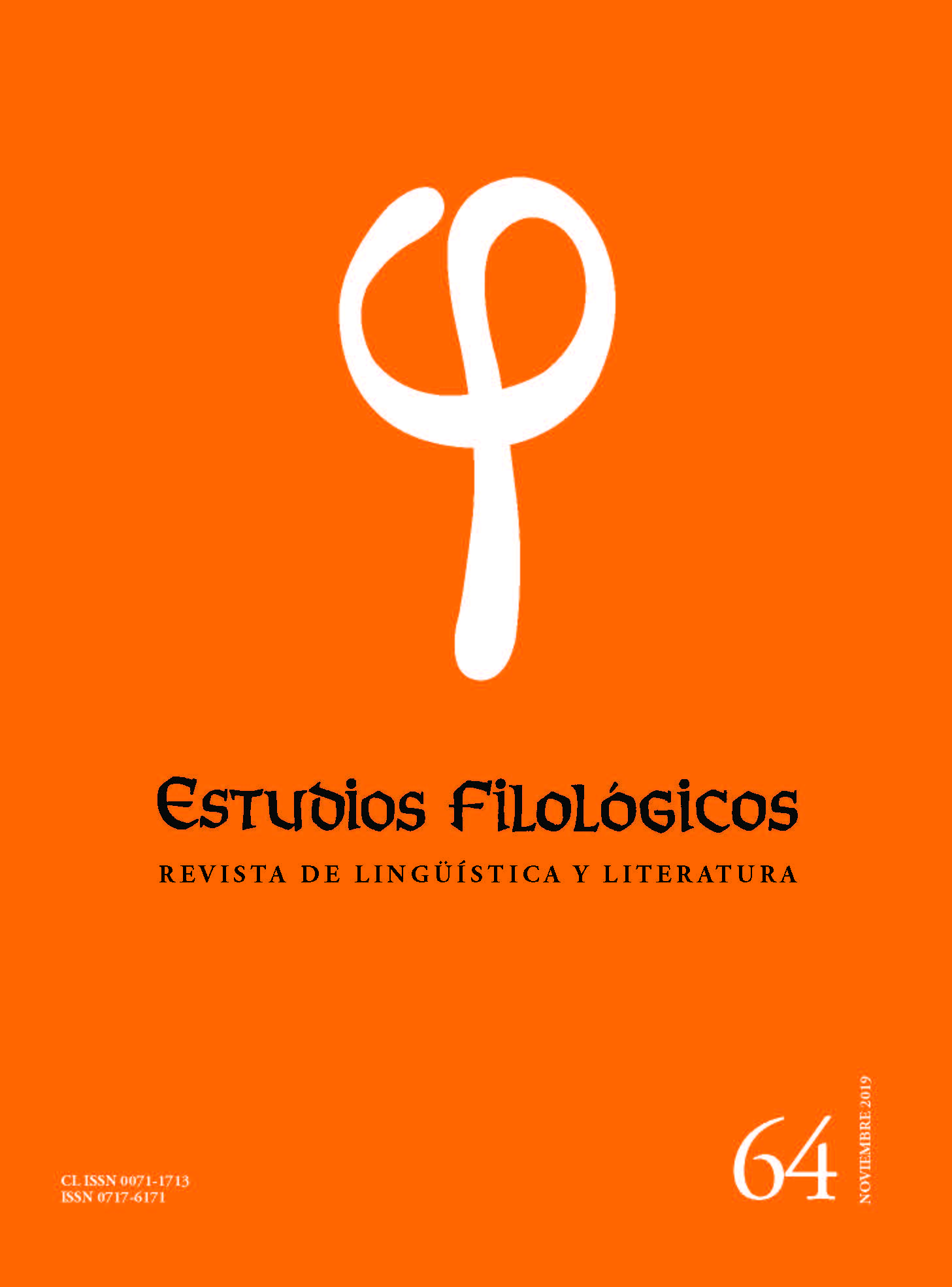Standpoints and Argument Schemes in the Speech of Francisco Huenchumilla About the So-Called Mapuche Conflict
Main Article Content
Abstract
Nowadays, the Mapuche movement is a phenomenon of enormous complexity and social impact, so that its presence in Chilean society and politics is unavoidable. In this article, the so-called conflict between the State of Chile and the Mapuche people is seen from an argumentative discourse analysis approach, focusing on the discourse of Francisco Huenchumilla, a politician with broad experience in the national scenario in public and indigenous policies in recent decades. The relevance of his discourse is also due to the discursive positioning of Huenchumilla in different media, and to a series of controversies faced during his tenure as Intendant of the Araucanía region within the so-called Mapuche conflict. The study is qualitative and aims to analyze the standpoint and argument schemes in the speech of Francisco Huenchumilla about the so-called Mapuche conflict. The corpus is made up of a set of discursive sequences, broadcast by Francisco Huenchumilla in television programs. The theoretical-methodological framework is nourished by the pragmatic-dialectic theory and contemplates argumentative and pragmatic analysis of the discourse. The results of the analysis allow us to conclude that Francisco Huenchumilla uses specific maneuvers to position the Mapuche cause in the media, through specific argument schemes, combining ‘efficacy’ and ‘reasonableness’.

